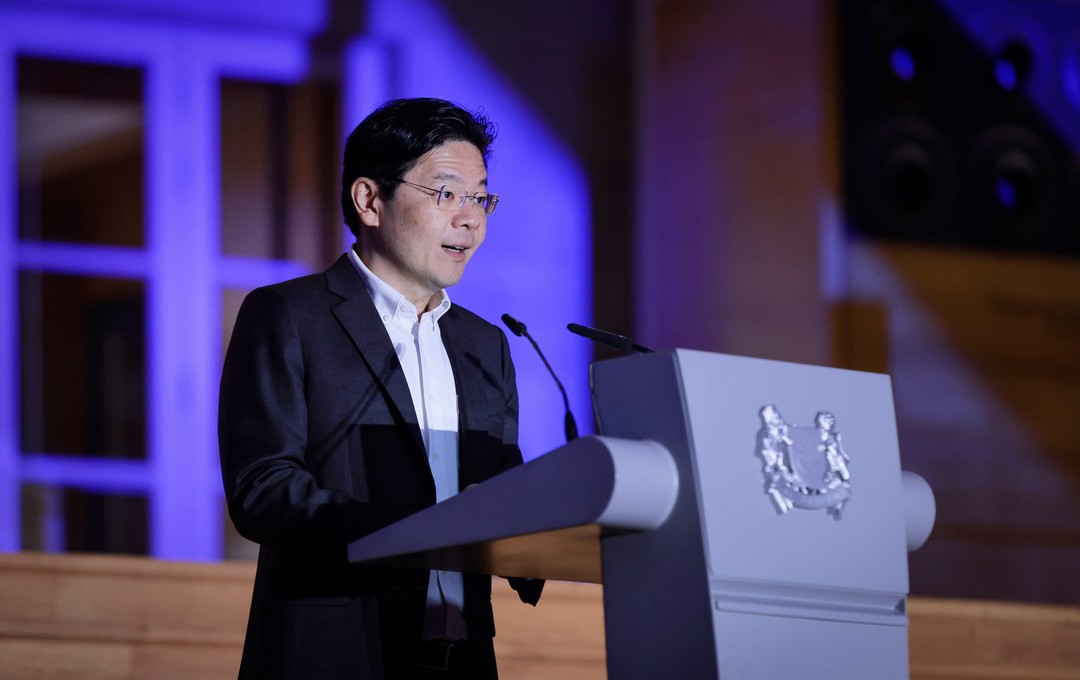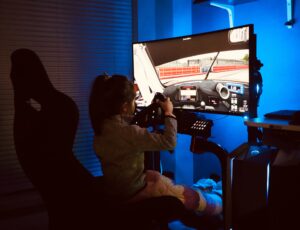
Singapore aims to dream big and set ambitious goals in its next step to wield artificial intelligence (AI) for the collective benefit of the country and the world.
The new Singapore AI strategy is a three-point masterplan which involves the building of a rich talent pool, a growing industry and a thriving research site. This will foster innovation, the safe and responsible use of AI and position Singapore as a major AI hub.
Singapore Deputy Prime Minister, Lawrence Wong, who unveiled the masterplan yesterday, said that if done well, the strategy can uplift the country’s economic potential, enhance social impact, and in time, meet the needs and challenges of society and communities.
“Singapore believes in the long-term potential of AI,” he added. “Our aspiration is to fully leverage AI’s capabilities to improve our lives.”
“Our vision is for Singapore to be a place where AI is used to uplift and empower our people and our businesses,” he noted. “We want to harness AI for the public good, for Singapore and for the world.”
He was speaking on the first day of the Singapore conference on AI for the Global Good, which is attended by 40 local and international experts in different aspects of AI.
The three-day conference is being convened to identify the areas and issues that need to be unblocked so as to create pathways to harness AI for the betterment of societies everywhere.
Outcomes from this conference will be a set of problem statements and challenges which will be announced tomorrow afternoon.
On Singapore’s refreshed AI masterplan, Prabhu Ram, head of industry intelligence for CyberMedia Research, said Singapore’s AI ascent is fuelled by a triple engine: a resilient tech economy, a strong talent powerhouse, and proactive policy environment.
“This potent mix, coupled with a thriving AI ecosystem, propels Singapore towards AI leadership,” he added.
“The new policy initiatives create significant opportunities for Singapore to solidify and expand its early leadership across the AI value chain, paving the way for the exploration and development of innovative AI use cases,” he noted.
Deputy Prime Minister Wong, who is also Minister for Finance, highlighted that closer collaboration and partnership are needed with researchers, industry stakeholders and others to create an ecosystem.
In the area of talent, the aim is to increase the number of researchers, data scientists, machine learning engineers as well as boost the pool of confident AI practitioners to about 15,000 who are able to harness the technology in the workplace.
In industry, the government aims to attract more companies to set up AI centres of excellence in Singapore to create new language models, develop new tools and drive usage in key sectors such as advanced manufacturing, financial services and biomedical sciences.
In research, Singapore will sharpen its focus in three areas where it has a competitive advantage namely in responsible AI, resource-efficient AI, and reasoning AI. The first calls for developing AI that is trustworthy and safe, reduce bias, increase reliability, and allow for auditability.
For resource-efficient AI, the focus is to carry out closer study on resource-intensiveness of AI on data, compute, energy, and carbon.
Under Reasoning AI, the intent is to expand AI’s applicability by improving the language models’ understanding of logical and physical concepts and to explain their outputs.
To do this, Singapore would need reliable access to compute resources, said Deputy Prime Minister Wong.
“We cannot compete with the major powers in assembling raw computing power,” he pointed out. “But we will do everything we can to ensure we have the computing power to meet our growing research and industry demands, and to fully back our strategic AI agenda.”
The AI masterplan will also look at other areas. Foremost is building a trusted environment. This is needed to counter the many AI-powered harms from deep fakes and scams to cyberattacks and the spreading of misinformation, he pointed out.
Decision making can also prove to be problematic. While AI models may work 99 per cent of the time, the 1 per cent it fails can potentially wreak havoc and lead to disastrous consequences. Then there are the moral and ethical issues as well as regulations.
Recognising that there are no silver bullets to address these concerns, Wong stressed that the temptation to swing to the extreme and impose strict regulations.
But that is also not ideal for two reasons, he added.
“At this stage, everyone is still figuring out what exactly are the best and most appropriate use cases for AI,” he noted. “It will not be possible for regulators to stay abreast of these changes, and figure out all the answers.”
Some overreach in regulations can also be counter-productive, he added. For example, if Singapore were to license AI systems on the condition that they prove they will cause no harm, it could stifle and to choke off potential innovation, he stressed.
Ultimately, Singapore’s approach is a balance. Regulatory sandboxes and guard rails will be set up to encourage experimentation and innovation and to prevent and contain systemic risks, if any.
These rules will evolve as AI advances to remain agile and nimble to adapt to changing circumstances, said Wong.
He admits that AI governance ought to be global, but “because AI is decentralised and everywhere, you only need one model to fail, and it can have knock-on effects everywhere around the world.”
To address this issue, Singapore will grow its international partnerships, bringing together like-minded countries to collaborate and to shape the global governance architecture for responsible AI.
The government had consulted more than 300 experts here and overseas to gather inputs for the newly unveiled National AI Strategy 2.0. It was put together by the Ministry of Communications and Information and the Smart Nation Group.






